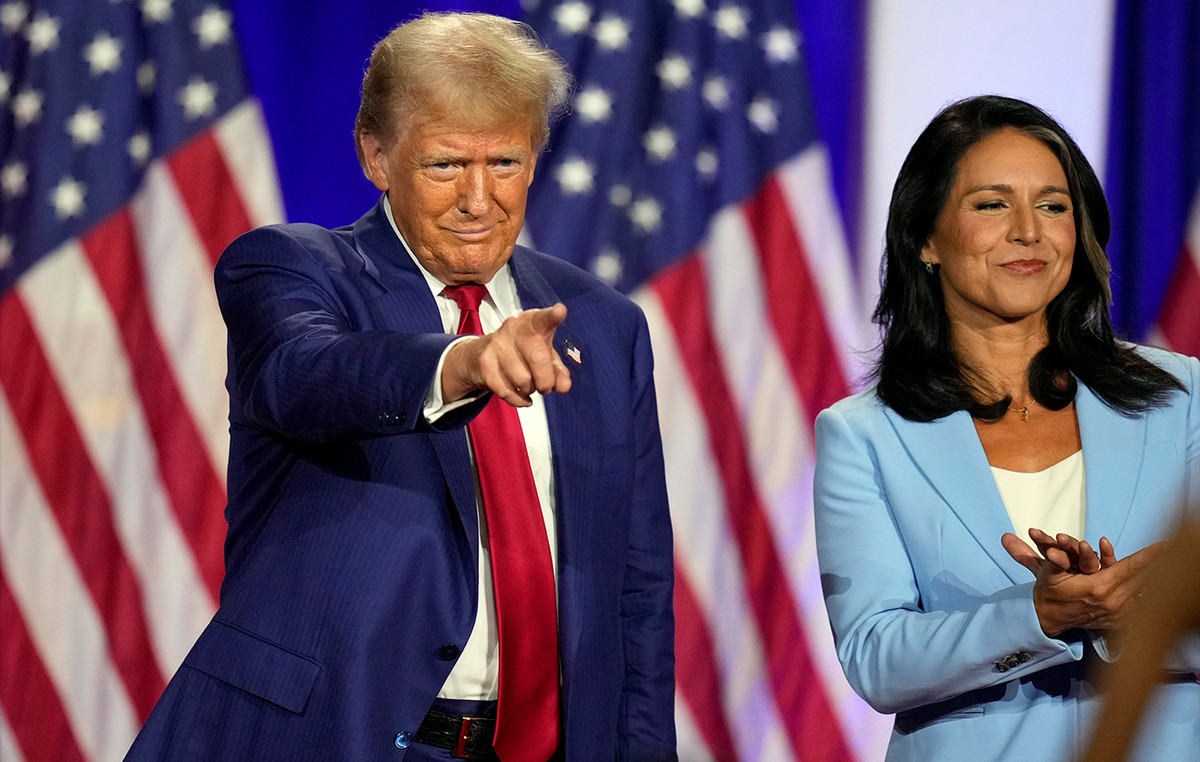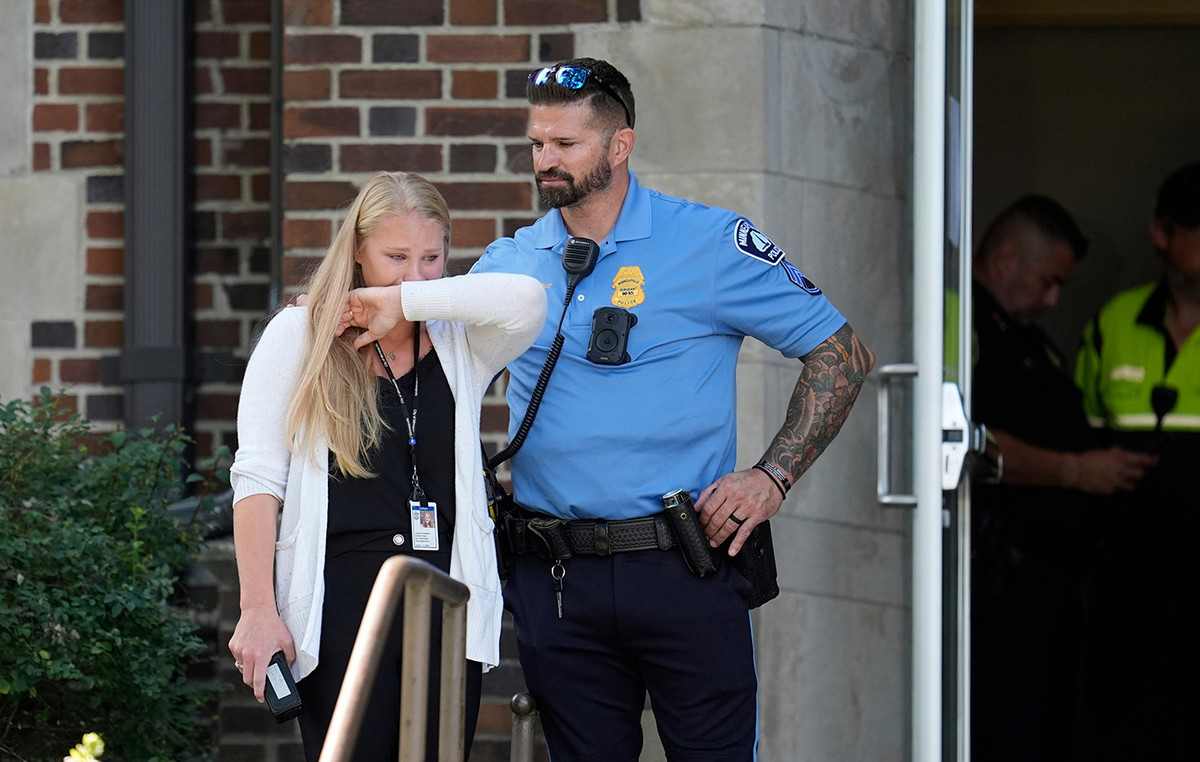A secret plan drawn up by Russia’s security service, the FSB, lays out detailed options for destabilizing Moldova, which include supporting pro-Russian groups, utilizing the Orthodox Church and threatening to cut off natural gas supplies.
The document appears to have been crafted to thwart Moldova’s westward leaning, which includes closer ties with NATO and an application to join the European Union. The document repeatedly refers to the importance of preventing Moldova from joining NATO.
The plan first obtained and released by a media consortium including VSquare and Frontstory, RISE Moldova, Expressen in Sweden, Dossier Center for Investigative Journalism, Yahoo News and Delfi.
A CNN saw the full document, which appears to have been written in 2021 by the FSB’s Directorate for Cross-Border Cooperation. Its title is “Strategic Objectives of the Russian Federation in the Republic of Moldova”.
The document sets out a 10-year strategy to bring Moldova, a former Soviet republic squeezed between Ukraine and Romania, within Russia’s sphere of influence.
The plan includes making Moldova dependent on Russian gas imports and provoking social unrest, as well as trying to block Moldova’s efforts to gain influence in the pro-Russian breakaway region of Transnistria, where there are about 1,500 Russian troops.
The five-page document is divided into several intertitles with short, medium and long-term objectives. Among the immediate objectives are “support for Moldovan political forces that defend constructive relations with the Russian Federation” and the “neutralization of the initiatives of the Republic of Moldova aimed at eliminating the Russian military presence in Transnistria”.
Medium-term goals include “opposition to Romania’s expansionist policy in the Republic of Moldova” and “opposition to cooperation between the Republic of Moldova and NATO”.
The FSB document sets out long-term goals, including the “creation of stable pro-Russian influence groups in Moldova’s political and economic elites” and “the formation of a negative attitude towards NATO”.
Asked about the document on Thursday, Kremlin spokesman Dmitry Peskov said: “We know nothing about the existence of such a plan. I do not rule out that this is another hoax. Russia has always been and remains open to building good neighborly and mutually beneficial relations, including with Moldova.”
Peskov added: “We are very sorry that the current leadership of Moldova is experiencing completely unjustified and unfounded prejudices against Moscow.”
Russia has accused Ukraine of planning to invade and take over Transnistria, which borders Ukraine’s southwest. The Russian defense ministry said last month that Ukrainians were gathering weapons in several border villages. Moldova and Ukraine rejected the claim.

Last month, Russian President Vladimir Putin rescinded a 2012 decree upholding Moldova’s sovereignty, saying the move was to “ensure Russia’s national interests in connection with the profound changes taking place in international relations”.
In recent weeks, Moldovan authorities have arrested several alleged pro-Russian activists, as well as an alleged agent of the private military company, the Wagner group, who tried to enter the country.
There were also several protests organized by a pro-Russian party in the capital, Chisinau.
Ukraine and the United States have warned of Russian efforts to destabilize Moldova’s government. Last Friday (10), the White House said that “Russian actors, some with current ties to Russian intelligence, are trying to stage and use protests in Moldova as a base to foment a manufactured insurrection against the Moldovan government”.
Western intelligence officials say the Russian strategy itself is not surprising, but it may have been accelerated as the Moldovan government steps up efforts to cooperate more closely with the United States and European countries.
Current Moldovan President Maia Sandu replaced Igor Dodon, who was close to the Kremlin, in late 2020. The pro-Western PAS party won parliamentary elections the following year.
The pro-Russian Shor party has organized weekly rallies this year in the capital Chisinau, drawing thousands of people to protest against high energy prices. The party also organizes transportation for participants.
The party is led by Ilan Shor, a businessman with ties to Russia accused of robbing Moldovan banks of billions of dollars in 2014. He was later convicted of fraud but has denied any wrongdoing.
The US Treasury Department sanctioned Shor, his wife and the party in October 2022, saying that “Shor worked with Russian individuals to create a political alliance to control the Moldovan parliament, which would then support various legislative acts in the interests of the Russian Federation. ”.
Currently, Shor is believed to be in Israel.

The US has pledged budget support to the Moldovan government to help deal with high energy prices. Gas tariffs skyrocketed last year as a result of the conflict in Ukraine.
UK Foreign Secretary James Cleverly was in Chisinau on Thursday. He said: “Few societies understand the underhanded tactics of Russian evil activity more than Moldova and Georgia”, adding that “the UK will not stand by while Moscow shamelessly undermines democracy, sovereignty and territorial integrity. [desses países]”.
Cleverly announced further financial support for Moldova to deal with high energy prices.
One of Shor’s leaders, Marina Tauber, told the Swedish affiliate of the CNN , Expressen, that the party was demanding that the government pay people’s energy bills in the winter months. She denied that Russia was helping to organize or fund the protests.
Expressen reporter Mattias Carlsson, who is based in Chisinau, told CNN that the last protest organized by the Shor party on Friday last week led to some arrests. Among the media who attended the event, he said, was a reporter for the Russian state agency Sputnik.
Russian officials often emphasize the importance of a Moscow-friendly Moldovan government, as well as the importance of the Transnistria region.
Shortly after the Russian invasion of Ukraine in February last year, the then commander of Russia’s Central Military Region, Major General Rustam Minnekaev, said that one of the objectives of the so-called “special military operation” was to establish a corridor through southern Ukraine to the Transnistria region.
The partnership that originally reported the document also includes the media Süddeutsche Zeitung, Westdeutscher Rundfunk (WDR), Norddeutscher Rundfunk (NDR); Frontstory and the Kyiv Independent.
Source: CNN Brasil
Bruce Belcher is a seasoned author with over 5 years of experience in world news. He writes for online news websites and provides in-depth analysis on the world stock market. Bruce is known for his insightful perspectives and commitment to keeping the public informed.







